Today is Part 2 in the three part series of guest posts by Kacie! Enjoy!
Hayley & Bill

Kacie is a health and functional nutrition enthusiast and founder of Human Resources Wellness. After a series of health challenges in her twenties which left her fed up with the Western medical system, she turned to food as medicine and was astounded at the shifts and healing that she discovered. It was through this experience that she found her true calling: to help others through nutrition, natural medicine and holistic healing.
The Human Resources philosophy is firmly grounded in the importance of a healthy digestive system as the key to reaching overall immune, cognitive, psychological and physical health. Rather than subscribing to food dogma, Kacie is guided by science, bioavailability of nutrients, bodily intuition and therapeutic applications of healing modalities- all within the framework of eating real food with a heavy dose of vegetables. Kacie will graduate as a certified Holistic Nutrition Practitioner from Bauman College in February with a Human Resources retail snack bar in Los Angeles on the way in the Spring of 2016.
Website: www.
Instagram: @human.resources
Nourishing the Brain through Nutrition & Meditation
The most important way to nourish the gut-brain axis is to focus on balancing our gut bacteria, because as we have learned we are far more bacteria than we are human. Rebuilding our so called “good” digestive bacteria is the best way to strengthen the immune system and mentally perform at the highest level. Here are a few of my favorite tips:
Fermented foods are living sources of probiotic beneficial bacteria. Adding in supplemental probiotics can also help- look for the refrigerated strains a local health food store- the more billion, the better. You should especially take probiotic supplements after a round of antibiotics, as antibiotics kill off both good and the bad bacteria in your body. Yogurt, Kefir, Kombucha, Apple Cider Vinegar, Sauerkraut, Kimchee, Real Pickles are great sources of natural probiotics.
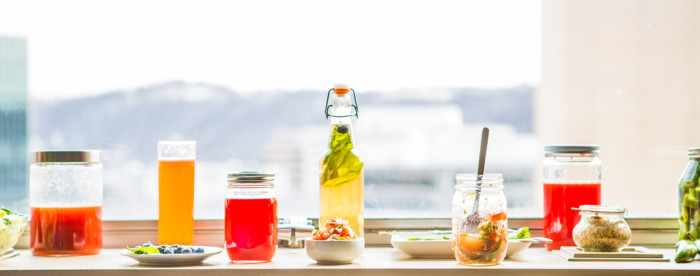
(^ photo taken by Hayley and me for Fermented by Jill Ciciarelli – Bill)
Prebiotic foods are also important as they nourish our existing microbiome, allowing them to repopulate and grow. They include Artichokes, Chicory, Inulin Fiber, Boiled & Cooled White Potatoes, Leeks, Garlic & Onion, Asparagus, and Tigernuts.
Vegetables are high fiber, vitamin and mineral packed sources of nutrients. A great rule of thumb: Picture your plate. Now divide it into four quarters. 1/2 of your plate should be fibrous vegetables- dark, leafy greens, purples, yellows, oranges and reds, both raw and cooked. Now, the next quarter of your plate should be starchy vegetables. This could be a sprouted whole grain like quinoa, or starchy veggies like sweet potato, zucchini, or squash. The final quarter of your plate should be a high-quality protein, like grass fed or pastured meat or wild caught fish. These vegetables contain lots of fiber which nourish and feed your bacteria.
Healthy Fats– Our brains are made primarily of fat, and fat- not sugar- is the brain’s preferred fuel source. Low fat diets can actually be extremely dangerous for your health! Nutrition and health are not a simple “calories in, calories out” equation- 100 calories of a donut and 100 calories of coconut oil are not the same thing! Cholesterol is not the enemy- it is the wrong KIND of cholesterol is dangerous. Avoid processed vegetable oils like canola, corn and sunflower oil. Grass Fed Butter, Ghee, Pastured Eggs, Salmon & Fatty Fish, Olive Oil & Olives, Avocado, Nuts & Nut Butters, Seeds, Flax & Chia, Coconut, Cheese and Fermented Dairy (if tolerated).
Protein: Whole eggs, low mercury fish (salmon in particular), shellfish, grass-fed meat, pastured poultry and nuts and seeds are excellent sources of protein. If you are avoiding meat for any reason, eat pastured eggs, fish and yogurt, or if you are a vegan to consume sprouted or fermented grains and beans so that their nutrients are absorbable to the body.
Low sugar fruits like berries, green apples, and choosing fruits while they are in season is a great way to get valuable antioxidants and vitamins into your diet which will support brain health.
Lowering your refined carbohydrate and gluten intake is one of the most important things you can do to nourish your brain and digestion. Sugar is the fuel for many pathogenic diseases and bacteria and carbohydrates turn into sugar when you digest them. Just eat real food. Food that you recognize the ingredients, food that doesn’t come in a package. Food that goes bad if you leave it out on the counter, or if it sits for too many days in the fridge. Shop the periphery of the grocery store. Eat mostly vegetables, with a little bit of meat and fruit with plenty of healthy fats. You don’t need to take a million multivitamins and supplements- food, when consumed correctly, should provide the nutrients that your body needs to thrive. This is why paleo is a great eating template, as it naturally eliminates sources of refined foods like bread and grains that can be damaging to our brains and our health.
When we look at the body as a bunch of non-cooperative organs and try to tackle them all independently, we are missing the bigger picture: Everything is connected. our bodily systems work in synergy and not in a vacuum- Everything is connected. As Hippocrates said over 2,000 years ago, “All disease begins in the gut.” When it comes to brain health, it’s now clear that nourishing our digestive system is the first place to start.
The last thing I want to touch on is the importance of lifestyle in this whole equation. You can eat the cleanest, most nutrient-dense diet under the sun; but if you aren’t managing your stress, eliminating sources of toxicity (pesticides, cleaning products, personal care and cosmetic products), sleeping adequately, exercising regularly, or practicing some form of self care and relaxation and meditation, your brain is not going to function at its highest level. Meditation is an incredibly valuable resource that reduces stress and high blood pressure, lowers inflammation, improves sleep, increases productivity and creativity, improves relationships and self esteem, and leads to greater gratitude and contentment within your life. It can also help your improve memory and attention span significantly! Research in people with clinical levels of anxiety has found that 90% experienced significant reductions in their mood symptoms. Meditation is an invaluable tool Hayley and I both wish we had learned about a long time ago, and we are so excited to partner with Headspace to bring you an opportunity to start incorporating these benefits into your life immediately. Stay tuned in the next article for a little more information on meditation and a giveaway to try Headspace for free!
Recipe: Probiotic Coconut Yogurt
For most of us, dairy isn’t exactly our best friend. But, it’s a shame to miss out on all of the amazing healthy benefits of yogurt. Luckily, yogurt doesn’t have to be made from milk- and it’s super easy to make your own non-dairy variation at home that doesn’t include any of the weird additives like the Soy yogurt you find at the grocery store. Coconut is one your brain’s favorite foods, as it provides ample healthy fats and medium chain triglycerides, which are your brain’s preferred source of fuel. You can turn coconut meat into yogurt simply by adding probiotic powder and letting it sit overnight in a warm place, and you will have a digestive healing, brain boosting breakfast without any of the issues that come along with dairy. This is great plain on its own, but I love adding a seasonal fruit for a little extra culinary flavor. Try topping it with some hemp or flax seeds, almonds, tahini, mint ribbons, and a sprinkle of cinnamon!
COOKING UTENSILS:
- high powered blender or food processor, sterilized in hot water
- 2 glass wide mouth 16oz mason jars, sterilized
- 2 plastic lids, sterilized
- rubber scraper, sterilized
*avoid using metal utensils or containers as they can react with the bacteria
Probiotic Coconut Yogurt
Ingredients
- 16 oz 16 oz 16 oz Coconut Meat, (fresh young thai coconut meat (you can usually find this frozen at health food stores or ethnic markets))
- 1/4 cup 1/4 cup 1/4 cup Coconut Water, or filtered water

- 1 tsp 1 tsp 1 tsp Raw Honey, (or 2 drops stevia for sugar free)

- 1 1 1 Probiotic Capsule, (1 packet probiotics (50 billion strain- I like “Ultimate Flora” brand))
- 1/2 tsp 1/2 tsp 1/2 tsp ground (vanilla bean powder) Vanilla Beans
- 1 1 1 Lemon, Zest only

- 8 8 8 fresh Cherries, Pitted, or 1/2 cup seasonal fruit of your choice
Process
- Combine all ingredients except probiotic powder in a high powered blender.
- Blend on high until you reach a smooth consistency- about 2 minutes.
- Add coconut water as needed- consistency should be thick like regular yogurt and not too watery- remember it will thicken more as it ferments overnight!
- Once all ingredients are thoroughly combined, add the probiotic powder and pulse a few times to fully incorporate.
- Pour coconut purée into the two mason jars, filling only 3/4 full.
- Screw lids on loosely.
- Place the mason jars in a warm space- I’ve found this works best in an oven with just the pilot light on, or if you can set your oven to 105 degrees F.
- Let sit for 12-24 hours depending on how “tangy” you like your yogurt- the longer it sits, the tangier it will become!
- Transfer to refrigerator and consume within 2 weeks. be sure not to double dip into the yogurt!
You Might Also Like:
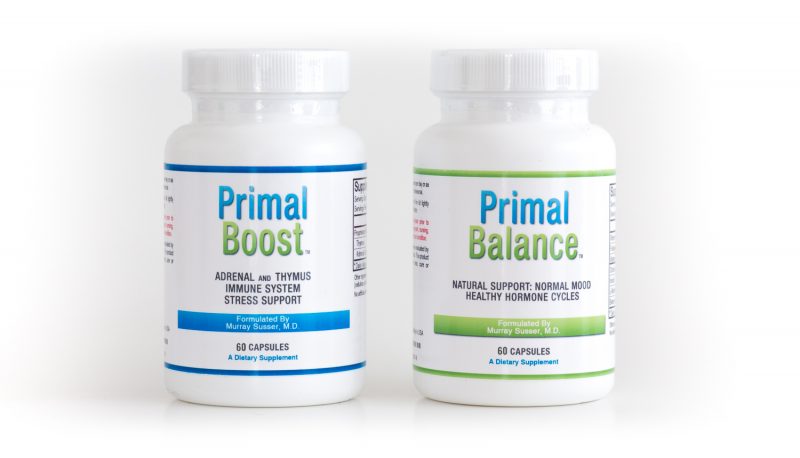



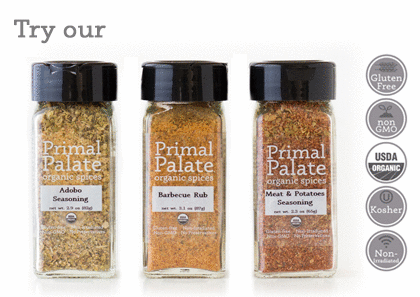
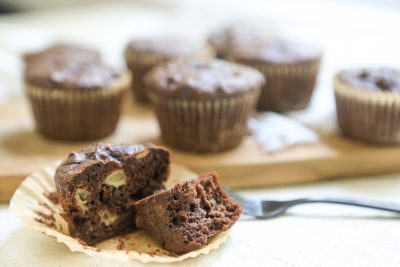
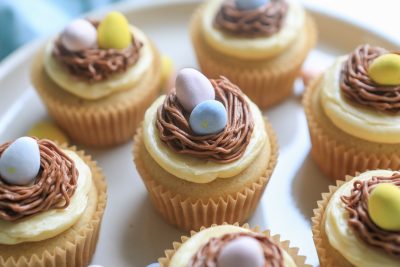
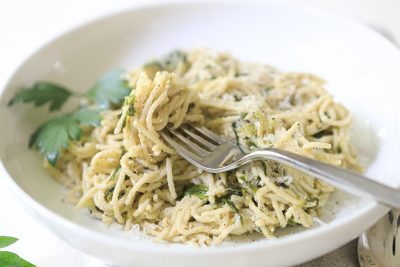
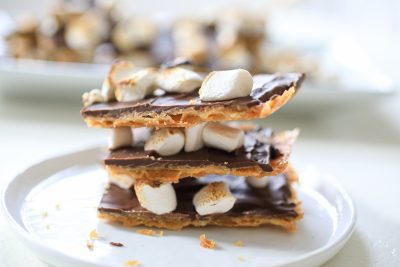
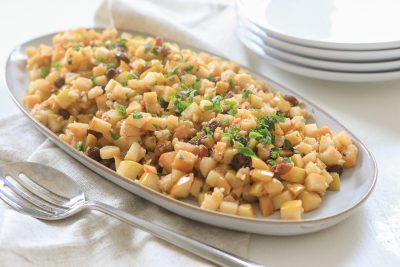
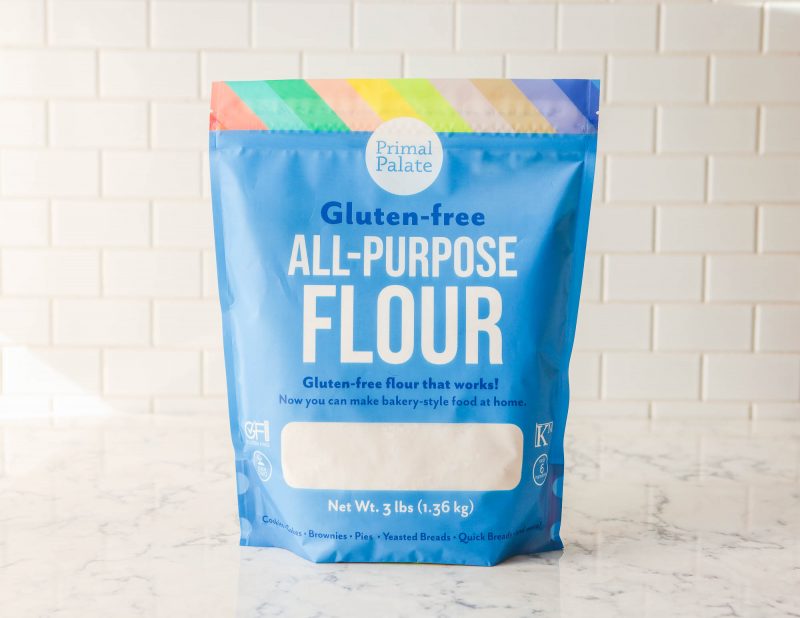
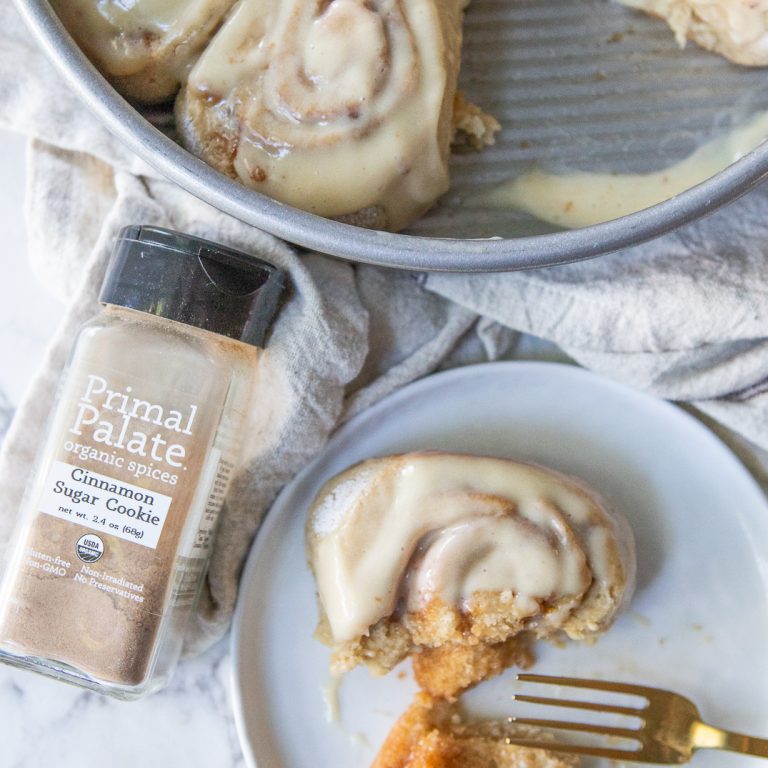
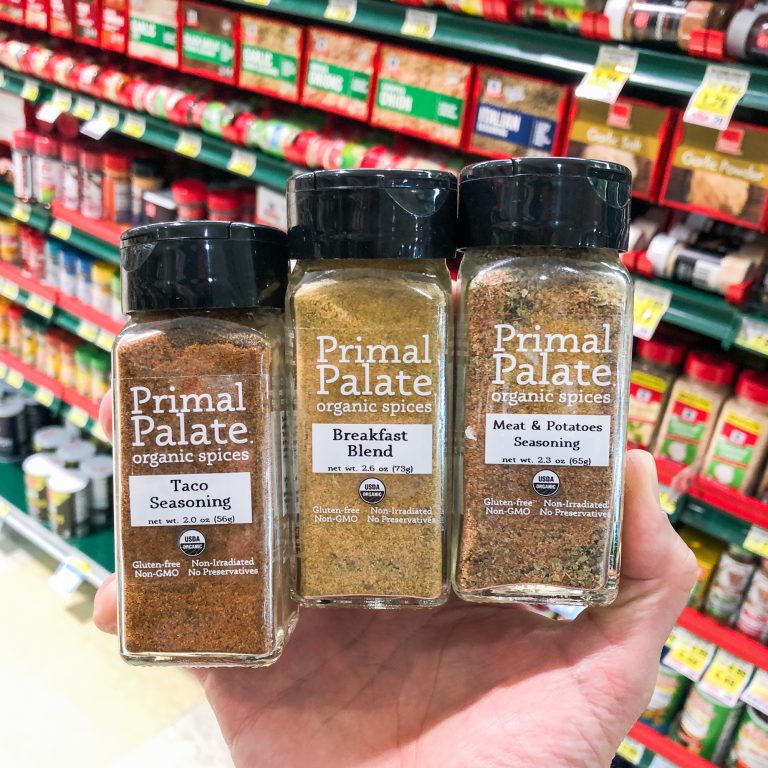
There are no comments yet.